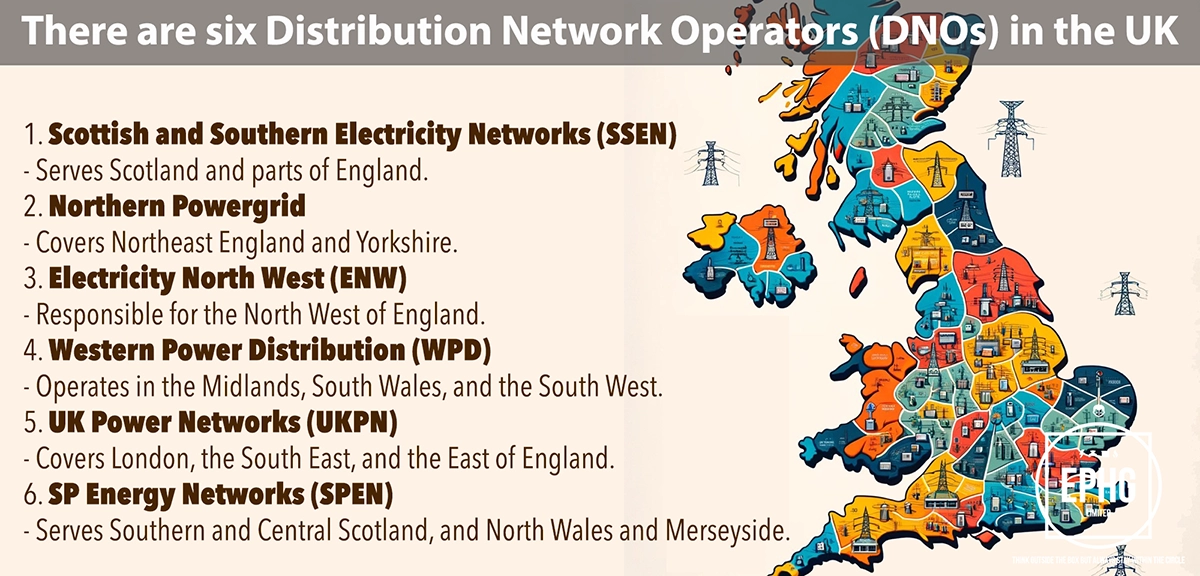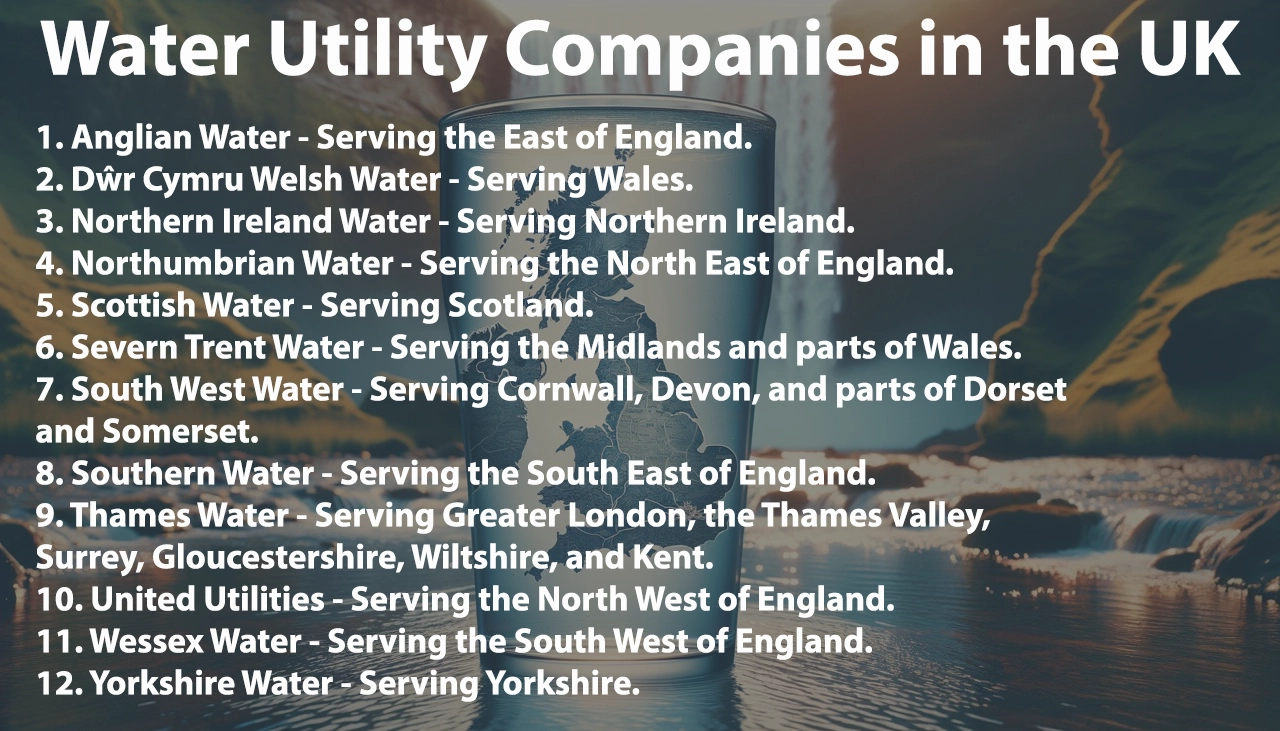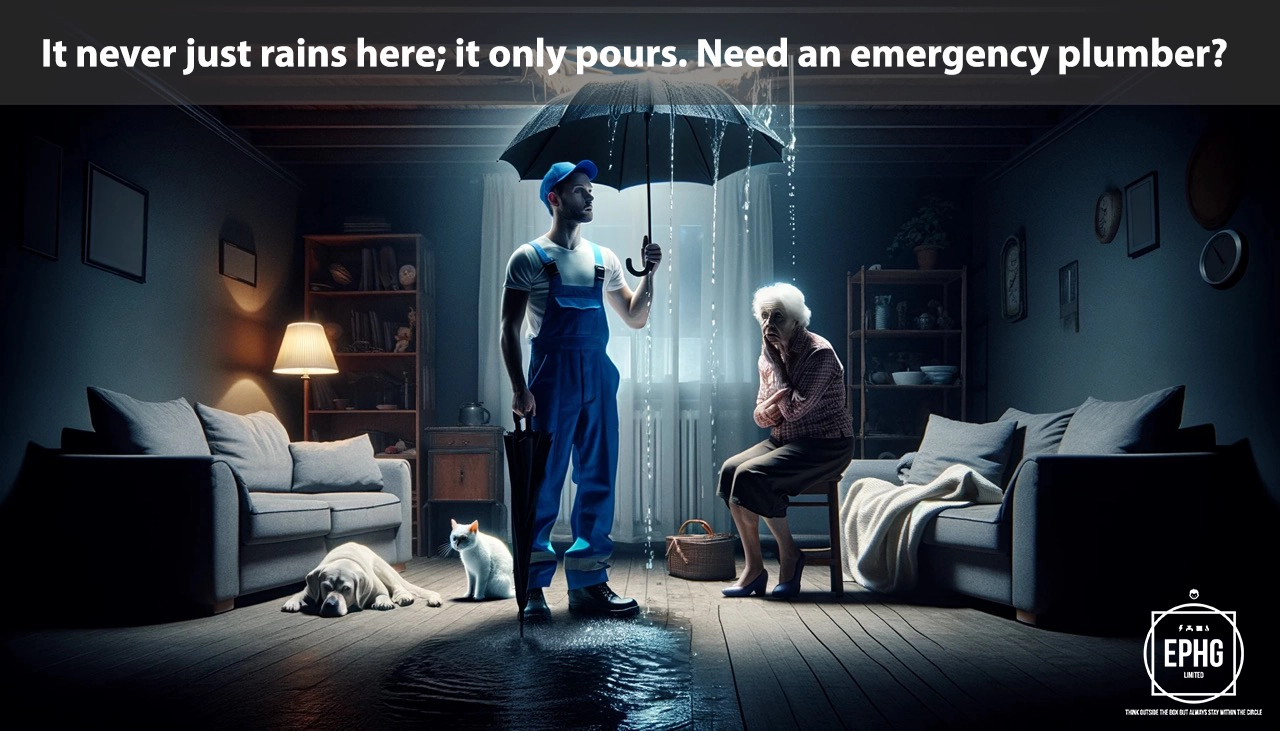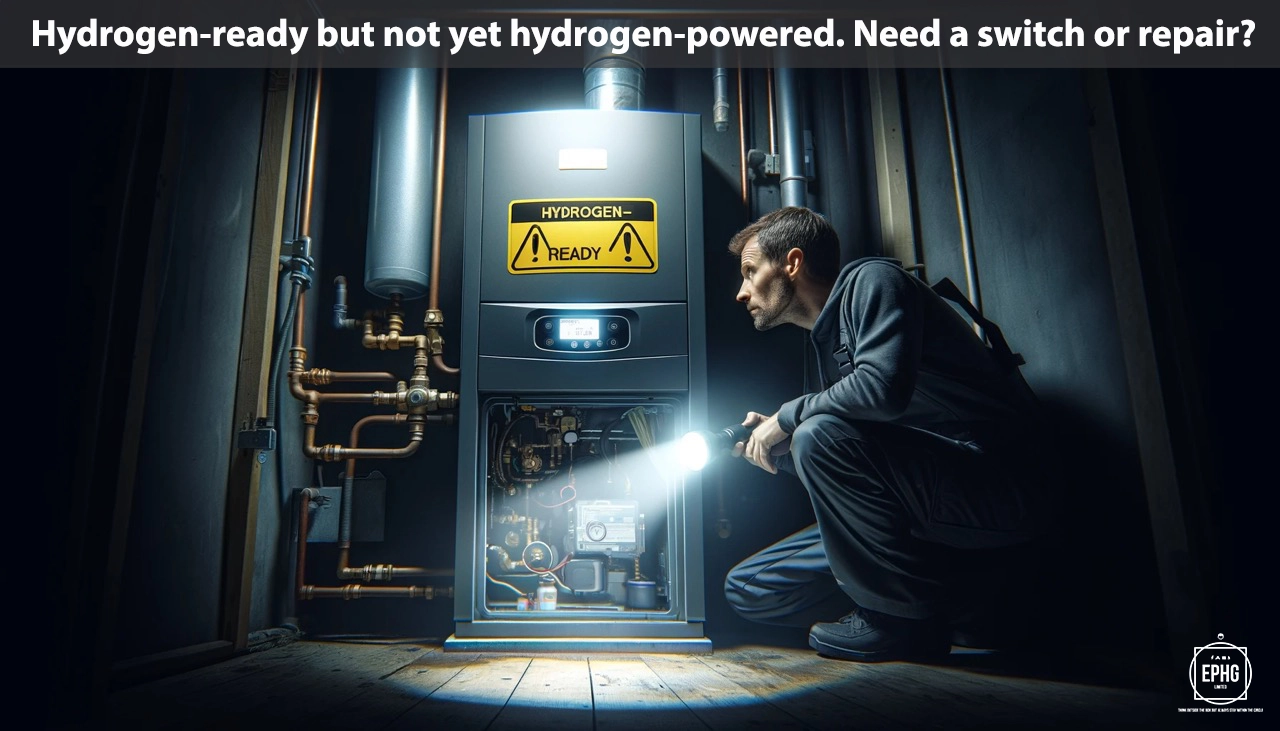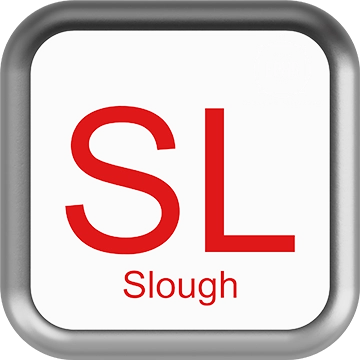
SL Postcodes for Utilities & Services
Introduction: The SL postcode area, covering regions like Slough and surrounding areas, provides vital insights into the utilities and services available to its inhabitants. This section will delve into specifics regarding water and electricity supply among other essential services.
Water in Slough
Where does the water supply come from in the SL postcode area and is there ever a shortage of water?
In the SL postcode area, particularly around Slough, the main sources of water supply are the River Thames and the River Colne. These significant water bodies are essential for meeting the region's water demands, with multiple treatment facilities in place to ensure the water complies with safety standards before being supplied to households and businesses. Although the SL area generally benefits from a reliable water provision, it is susceptible to challenges such as climate change, increasing population densities, and occasional periods of reduced rainfall. To address potential water shortages, local authorities and water companies rigorously monitor water levels and quality, implementing conservation strategies as required. The infrastructure in the SL region is robust, designed to adapt to changes in water demand and availability, encouraging residents to adopt water-efficient practices to sustain this critical resource.
What is the hardness & quality of the water in the SL postcode area and can this affect your health?
Water in the SL postcode area is known to be moderately hard due to its journey through the chalk and limestone terrains, which add higher levels of calcium and magnesium. Hard water results in more scale buildup in household pipes and affects the efficiency of soaps and detergents. Nevertheless, the water is rigorously tested to ensure it adheres to stringent safety and quality standards, making it safe for everyday consumption and use. While hard water is generally not considered harmful to health and can provide essential minerals, some individuals may notice effects on skin conditions or prefer the taste of softer water. Local water authorities remain committed to delivering high-quality water, ensuring that it is both safe and pleasant for all users in the community.
Electricity in Slough
Where does the electric supply come from in the SL postcode area and what is the future of energy there?
The electricity supply in the SL postcode area, notably around Slough, predominantly comes from the national grid, which integrates various sources including traditional fossil fuels, nuclear power, and an increasing proportion of renewable sources like wind and solar energy. The region is also experiencing a shift towards sustainability, with local initiatives and projects focusing on green energy solutions and energy efficiency improvements. The future of energy in the SL area is geared towards further reducing carbon footprints and embracing innovative technologies such as battery storage and smart grid solutions. There is a concerted effort to move towards a more sustainable and environmentally friendly energy provision, mirroring broader national and global trends towards green energy.
When is hydrogen coming to gas boilers in the SL postcode area?
The incorporation of hydrogen into the heating systems of the SL postcode area is part of a broader national move towards decarbonization. While specific timelines for the transition to hydrogen boilers are dependent on pilot project results and government policies, residents can expect gradual implementations over the next decade. This transition aims to replace natural gas with hydrogen, significantly reducing household carbon emissions. Residents should continue to maintain their existing boilers while keeping abreast of developments regarding hydrogen energy. Local authorities and service providers in the SL area will provide necessary guidance and support to households transitioning to more sustainable heating options.
Where Does the Wastewater Go in the SL postcode area?
In the SL postcode area, wastewater from homes, businesses, and industries is collected and treated at local wastewater treatment plants. These facilities employ advanced processes to remove contaminants and ensure the treated water complies with strict environmental standards before it is released back into local water bodies, such as the River Thames. The emphasis on effective wastewater treatment in the SL area demonstrates the commitment to protecting both public health and the environment, maintaining the ecological balance and water quality of the region's rivers and streams.
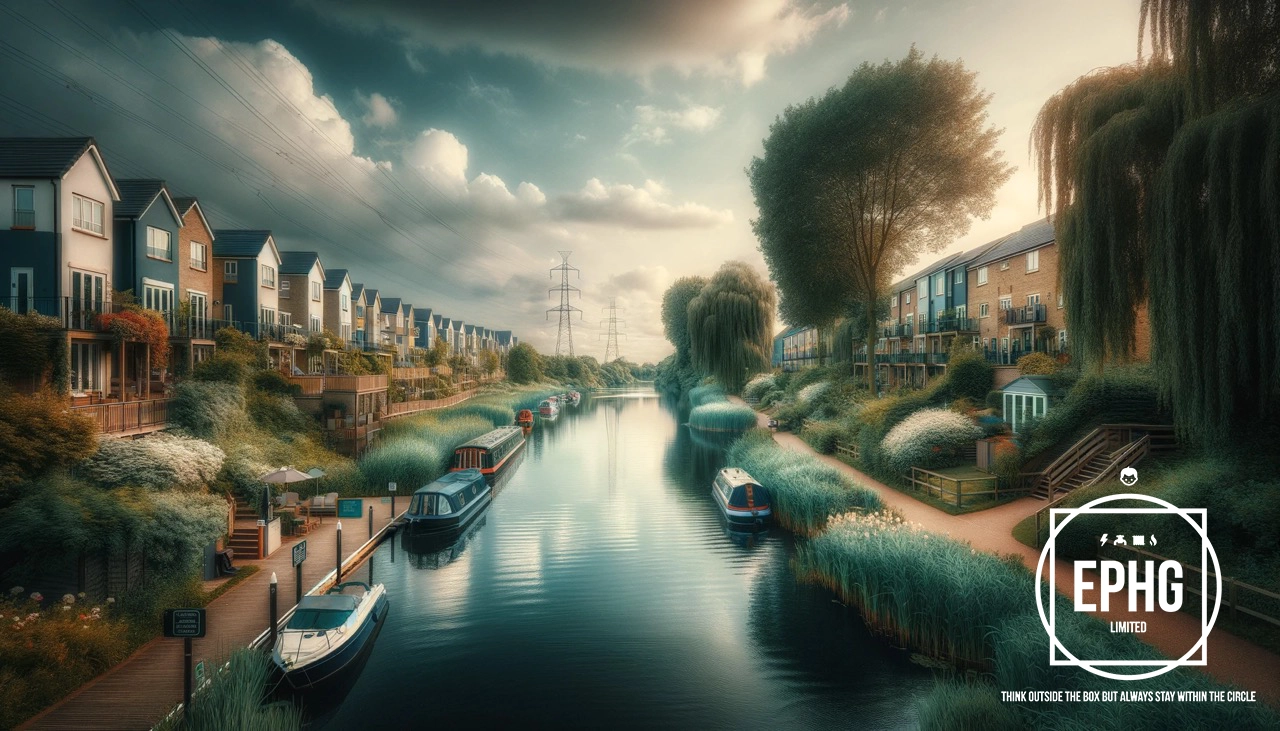
Regions within the SL Postcode
Slough and Surrounding Areas
- SL0: Iver, Iver Heath, Richings Park, Thorney - Areas known for their residential settings and proximity to green spaces.
- SL1: Slough, Central, Langley, Upton, Chalvey - Known for its commercial centers and diverse communities.
- SL2: Slough, Farnham Royal, Farnham Common, Stoke Poges, Britwell - Mix of urban and semi-rural living with access to Burnham Beeches.
- SL3: Langley, Datchet, Colnbrook, Poyle - Residential areas with historic sites and close to Heathrow Airport.
- SL4: Windsor, Old Windsor, Eton, Eton Wick - Historic towns known for Windsor Castle and its tourist attractions.
- SL5: Ascot, Sunninghill, Sunningdale - Affluent areas known for Ascot Racecourse and golf clubs.
- SL6: Maidenhead, Bray, Holyport, Cox Green, White Waltham - Mix of urban and countryside living, with riverside locations.
- SL7: Marlow, Marlow Bottom, Little Marlow, Medmenham - Known for its scenic views along the River Thames and community feel.
Buckinghamshire and Surrounding Regions
- SL8: Bourne End, Well End - Small riverside communities known for their tranquility and natural surroundings.
- SL9: Gerrards Cross, Chalfont St Peter, Chalfont Common, Horn Hill - Areas with a mix of rural charm and suburban living.
Berkshire's Countryside and Beyond
- SL95: Slough (non-geographic) - Typically used for businesses and organizations within Slough without a specific location.
